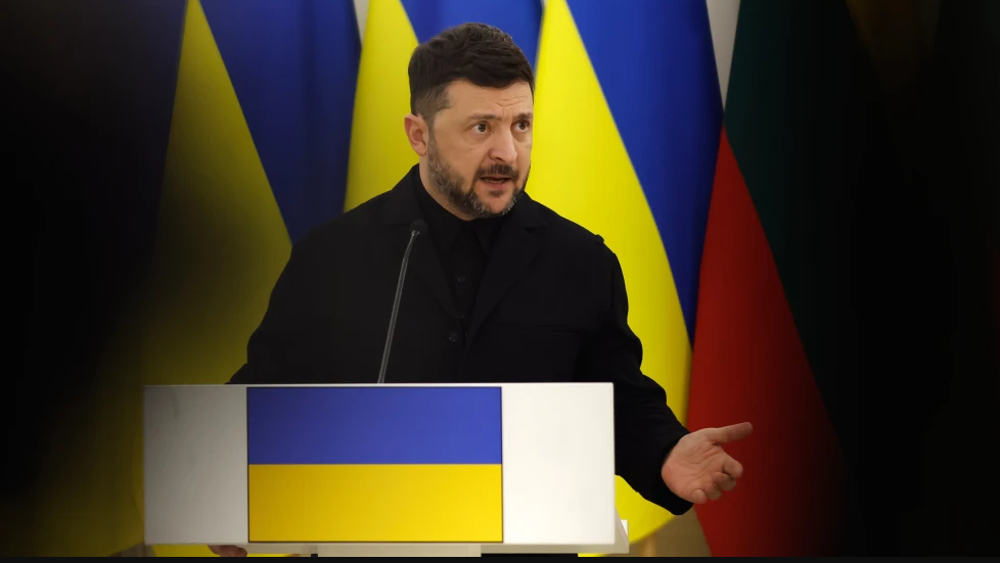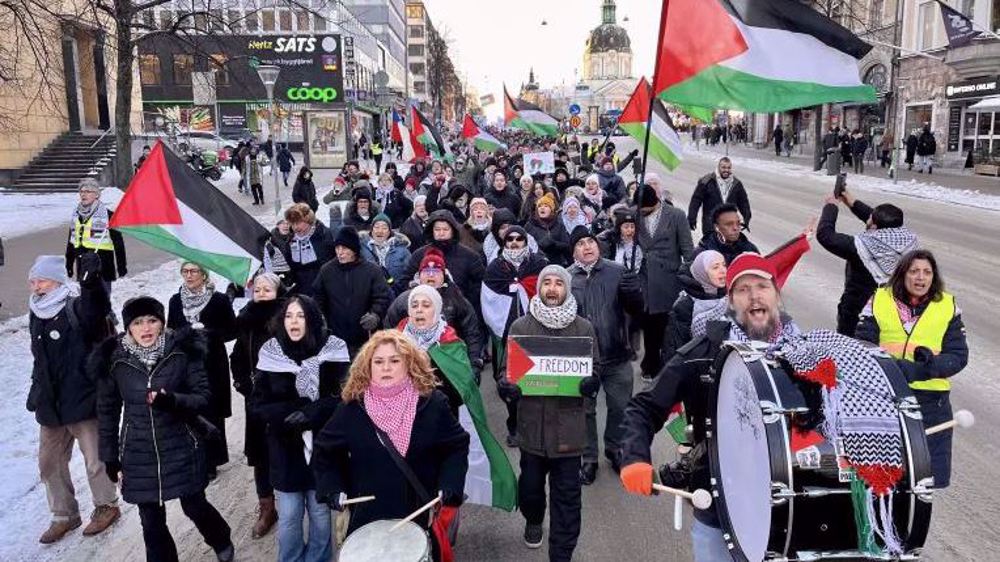Pro-Russia commander killed in bombing in eastern Ukraine
A top commander of pro-Russia forces has been killed in a bombing in eastern Ukraine, local authorities say, accusing the Kiev government over his death.
According to pro-Russia forces, Arsen Pavlov, together with his bodyguard, was killed on Sunday evening when a bomb exploded in an elevator at the entrance to his apartment building in the eastern volatile region of Donetsk.
"The bomb was placed above the lift's cabin. The blast was concentrated inside the cabin," said Eduard Basurin, the military spokesman for pro-Russia forces and deputy defense minister of the self-declared Donetsk People’s Republic (DPR).
"We had intelligence from our agent networks that diversionary groups were being sent our way to kill prominent military and political leaders," he added.
Pavlov, 33, was born in Russia and commanded military battalions fighting Ukrainian government forces in several key battles.
Officials with pro-Russia forces in Donetsk say Pavlov’s assassination amounted to a declaration of "war" by the Kiev government and they have promised revenge.

The conflict in Ukraine erupted not long after people in the country’s Black Sea peninsula of Crimea voted for the territory to rejoin the Russian Federation in March 2014. The West has branded the development as Moscow’s annexation of the territory.
In April 2014, Kiev launched military operations to crush pro-Moscow protests in Donetsk and Lugansk.
The United States and its allies in Europe accuse Moscow of having a major hand in the crisis in eastern Ukraine, a charge that Moscow denies.
The crisis has left more than 9,500 people dead and over 21,000 others injured, according to the United Nations.
Despite the original Minsk agreement as well as another deal also reached in the Belarusian capital in February 2015, the Ukrainian government and the pro-Russia forces have continued to trade fire along front lines. The exchange of fire is, however, less than when the conflict first erupted.
A recent surge in fighting in eastern Ukraine has raised international concerns that the 12-point Minsk peace deal that was engineered by Ukraine, Russia, Germany and France in Minsk in February 2015 was on the verge of collapse.
VIDEO | Yemen scholars rally behind Iran, call for Islamic mobilization
One person killed in Israeli strike on southern Lebanon
'ICE out': Protests against immigration crackdown spreads across US
Yemen warns war on Iran would transcend borders
VIDEO | Anti-US protest held in Istanbul amid US-Iran tensions
Iranian missiles pose ‘serious threat’ to US interests, Persian Gulf allies warn Washington
US must seize chance for ‘fair’ deal, war would be ‘disaster’ for all: Iran FM
Israel bans MSF from Gaza after medical charity refuses to hand over staff list













 This makes it easy to access the Press TV website
This makes it easy to access the Press TV website